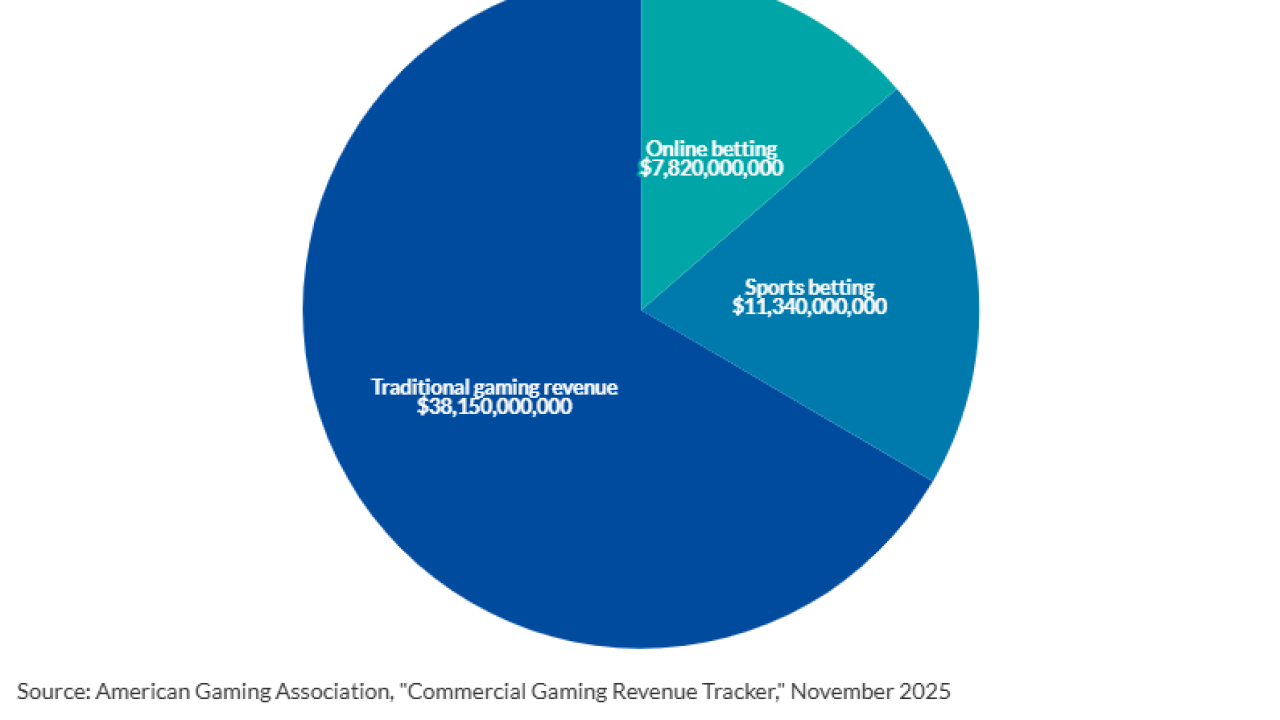Over the last three years, just about every brick-and-mortar retailer and restaurant has fully bought into using e-commerce platforms and payment systems to boost sales and revenue.
This trend will certainly continue. In 2022, e-commerce sales went from 13.2% to 14.8%, a substantial increase of 12%.
While these e-commerce enablers are a godsend for small businesses still struggling to survive in locations where foot traffic is scarce, they're making life miserable for the accountants and bookkeepers who are responsible for reconciling sales and deposits, analyzing P&L and maintaining general ledgers for retail clients.
You would think that ecommerce systems increase efficiency. But in reality, the opposite is often true. According to
As a result, morale is falling and attrition is rising. With many accounting firms facing the prospect of losing the local retailers and restaurants that are the bedrock of their book of business, partners are hoping that the continued evolution of automated accounting solutions will help them overcome their recruitment and retention challenges.
While there's a whole laundry list of bookkeeping bottlenecks that automation can alleviate, these solutions will have the biggest impact in solving three key issues for accounting firms.







